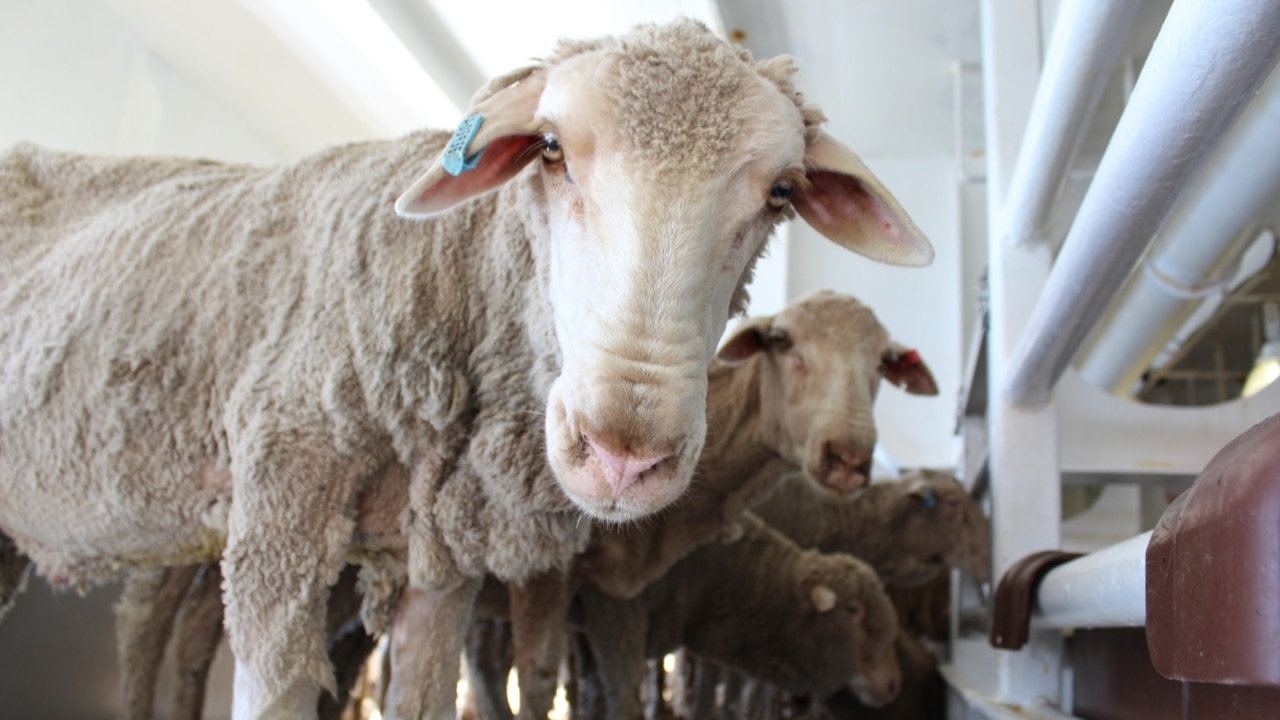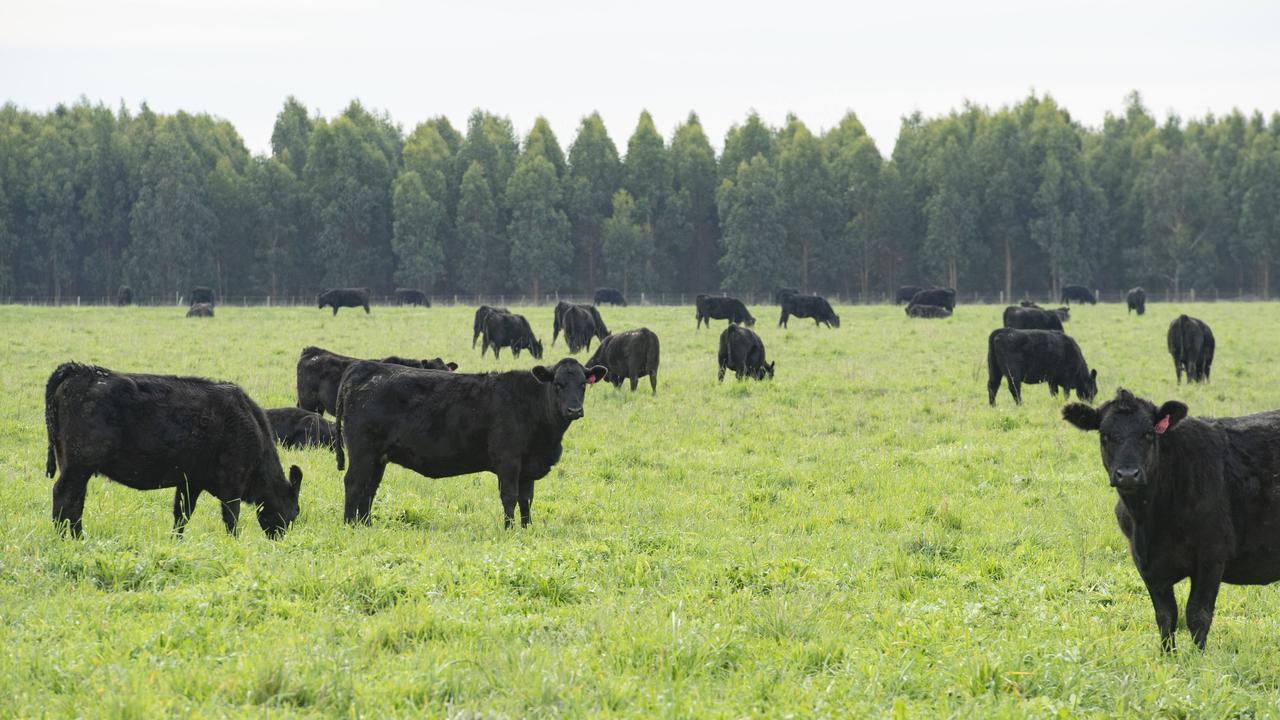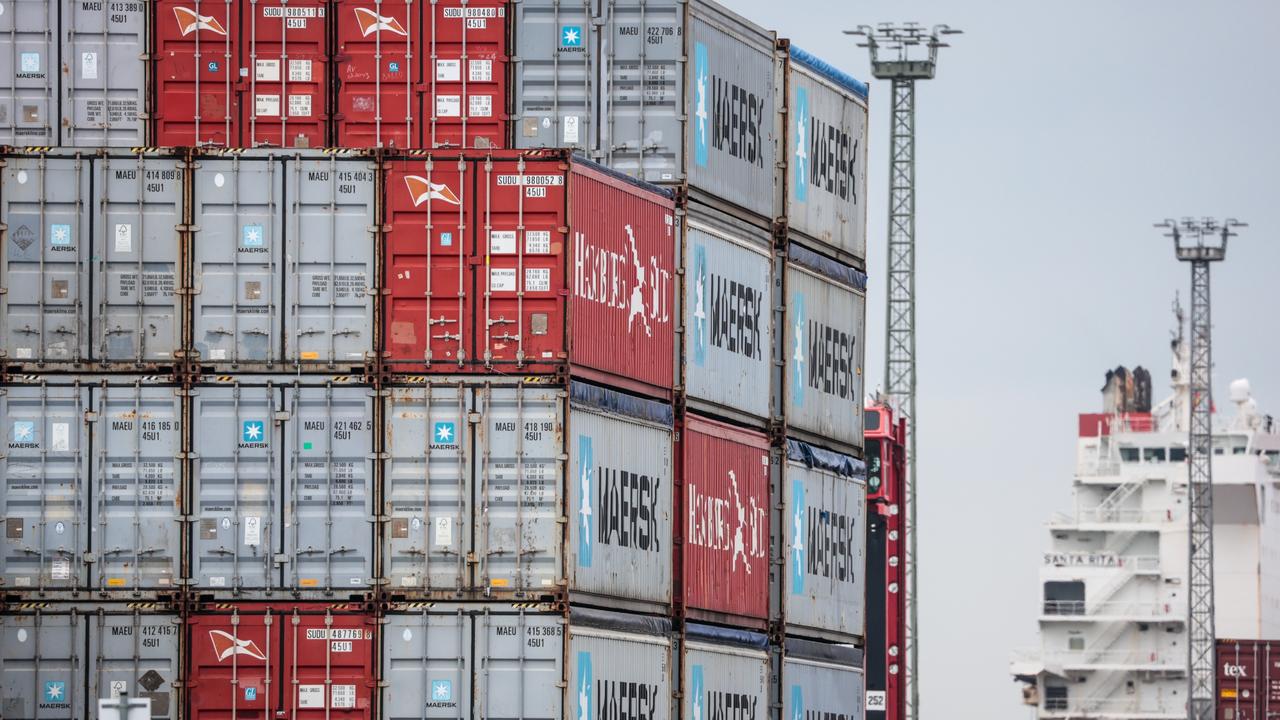MV Bahijah to unload hundreds of cattle at request of exporter
After aborting its voyage to the Middle East then docking at Fremantle Port to take on fodder, the MV Bahijah livestock carrier will unload hundreds of cattle. See the latest.

UPDATE
Cattle will be unloaded from the beleaguered MV Bahijah as the saga of the live export shipment continues.
A statement from the Department of Agriculture Fisheries and Forestry, which decides what happens to the stock on board, said the exporter had asked permission to unload “several hundred healthy cattle”.
“The department has agreed for the animals to be unloaded under strict biosecurity measures,” a department spokesman said.
The Weekly Times understands the cattle could be taken to a processor immediately to prevent any breaches of biosecurity.
But the DAFF statement said the unloading of the cattle “is unrelated to the potential re-export of the remaining animals on the vessel”.
“The department’s decision maker is still considering the application (to re-export the stock).” the statement said.
Thursday, February 1
The MV Bahijah live export ship is leaving Fremantle port this afternoon and will anchor offshore with thousands of sheep and cattle on board, to make way for a large container ship to dock.
Authorities at Fremantle Port confirmed the Bahijah would return tomorrow to continue to take on a total of 1100 tonnes of fodder for the livestock.
Earlier today, the ship docked in Fremantle to load feed, and await a decision about what was next for the sheep and cattle after the vessel was turned back from its voyage to the Middle East.
Another live export ship, the Jawan, has been sitting side-by-side with the MV Bahijah.
Sailing under the flag of Panama, the Jawan livestock carrier was scheduled to depart for Jordan tonight, a port official said, but its route was not confirmed.
12.06pm
The Weekly Times was told by a Fremantle Port official that the MV Bahijah had docked at North Quay today and was loading fodder.
The official said it was likely that the MV Bahijah would leave port again by the end of the day and as early as this afternoon, after it had topped up on feed supplies, to anchor offshore while a decision is made on what will happen to the stock.
The next steps for the stock on the MV Bahijah remain unclear, but if they are set to be re-exported to Israel, some will need to be offloaded as the stocking density on the longer voyage needs to be lighter.
Australian Livestock Exporters Council chief executive Mark Harvey-Sutton told The Weekly Times quick and decisive action was needed but it also needed to be well considered.
“We need the best result for everyone from this but it is very complex,” Mr Harvey-Sutton said.
He said there were various options including the stock being re-exported, or unloaded, and all biosecurity protocols would be followed to ensure the national herd and flock was not compromised.
Options could also include the immediate transfer to slaughter of any stock that were unloaded.
The MV Bahijah originally left Fremantle on January 5, and was turned around in the Indian Ocean on January 15 on advice given to the shipping company about the safety of the voyage due to Houthi attacks in the Red Sea.
The ship then set sail to South Africa so it could take on more fodder, but uncertainty over whether Israel, the destination country, would accept the stock meant the ship headed back to Australian waters.
The decision on what happens to the stock now lies with the Department of Agriculture, Fisheries and Forestry.
Australia’s chief veterinary officer Dr Beth Cookson said there should be confidence there would be “an optimal outcome for the health and wellbeing of the livestock on board, while at the same time preserving Australia’s pristine biosecurity status”.
“There is an intensive effort occurring across a range of expert and regulatory areas within the Australian Government Department of Agriculture, Fisheries and Forestry,” Dr Cookson said.
“Those involved in government and industry are very conscious of the need to move quickly while working through these arrangements.”
There is pressure on DAFF to stop the re-export of the animals with the RSPCA demanding the animals not be re-exported.
“The RSPCA has today urgently written to the department highlighting its grave concerns over the welfare of the 12,000-plus sheep and 2000 cattle that are believed to be on board,” RSPCA Australia chief science officer Dr Suzanne Fowler said.
“The stricken ship remains at anchor near Fremantle where animals are being kept out of public sight, with reportedly sick animals on board, and in temperatures now expected to reach 40 degrees.
“After 26 days at sea and counting, these Australian sheep and cattle will be facing a prolonged, heightened state of stress that – as it does for humans – makes them more vulnerable to illness and disease.
“They have already endured sustained heat and humidity, weeks of living in their own waste, crowding, unfamiliar environment and volatile movement of the ship. To subject them to what could end up being a total of 60 plus days of this is inarguably unconscionable.
“The industry’s threat to re-export the animals is recklessly irresponsible, callous, and prioritises their profits over the welfare of these animals which is now in perilous danger.”
The second ship in port is believed to be heading to Jordan in a longer voyage which does not involve entering the Red Sea and will take up to 33 days. It is believed to be holding 800 cattle and 15,000 sheep.




